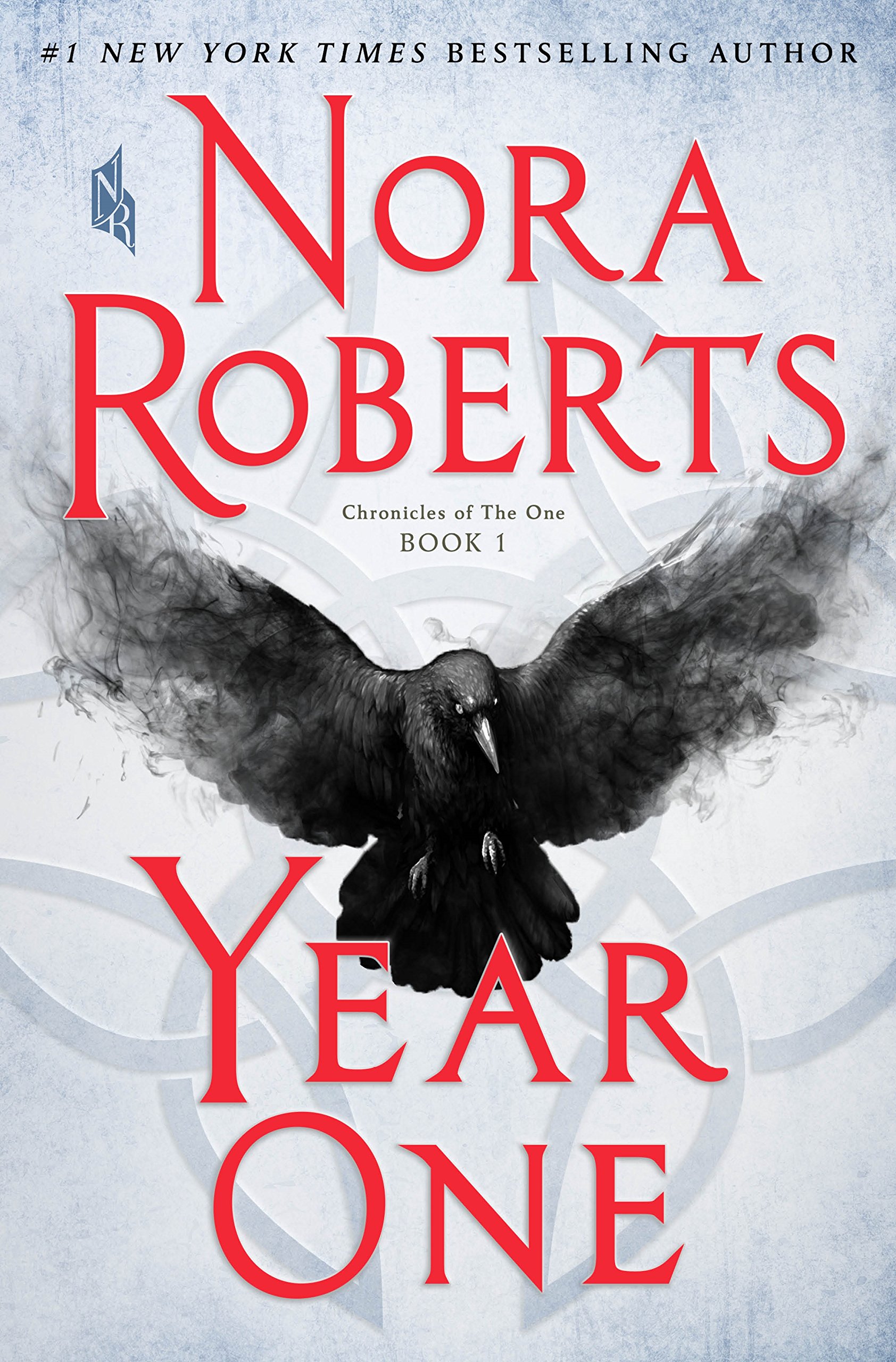

The author acknowledges that he is in a better position than ordinary Ukrainians because he has money to pay for a private car to drive him and his dogs to the border, and he speaks English, which helps him get through bureaucratic troubles when he arrives in neighbouring countries.


The Ukrainian president, Zelenski, is described as ignorant and in denial, so when the war does break out, Kobus is furious with him because he “refused to listen and prepare for the invasion”. In the same vein, the Ukrainians, before the war started, are described as ignorant, with their "heads buried in the sand", while he was the only person who really knew that war was immanent, in his opinion, because he had access to international media. We also learn that Gerrit Olivier, former South African ambassador to Russia and staunch Putin supporter, is none other than the narrator’s uncle.įor example, the narrator is angry with the "people in command"-one presumes the Ukrainian and Russian presidents-because they could have just sat down and discussed things, sorted things out, as if it were a broil about a football landing in someone else’s yard. This situation is made worse by the pro-Russian opinions thrust upon the narrative in the introduction (penned by an anonymous author).

The story then becomes a bizarre mix of dedication to his dogs and naive, ill-informed opinions about the political circumstances of the war against Ukraine, which he claims he fell in love with at first sight, calling Ukrainians “my people”. What appears to be a simple and straightforward story about a South African man’s escape with his four dogs from the war in Ukraine becomes mired in political controversies when the narrator, Kobus Olivier, reflects upon the war and its origins.


 0 kommentar(er)
0 kommentar(er)
